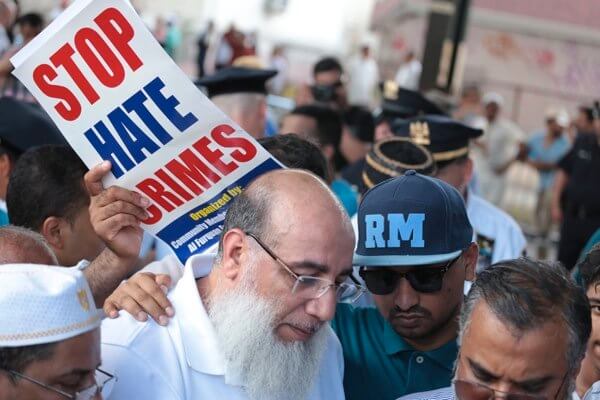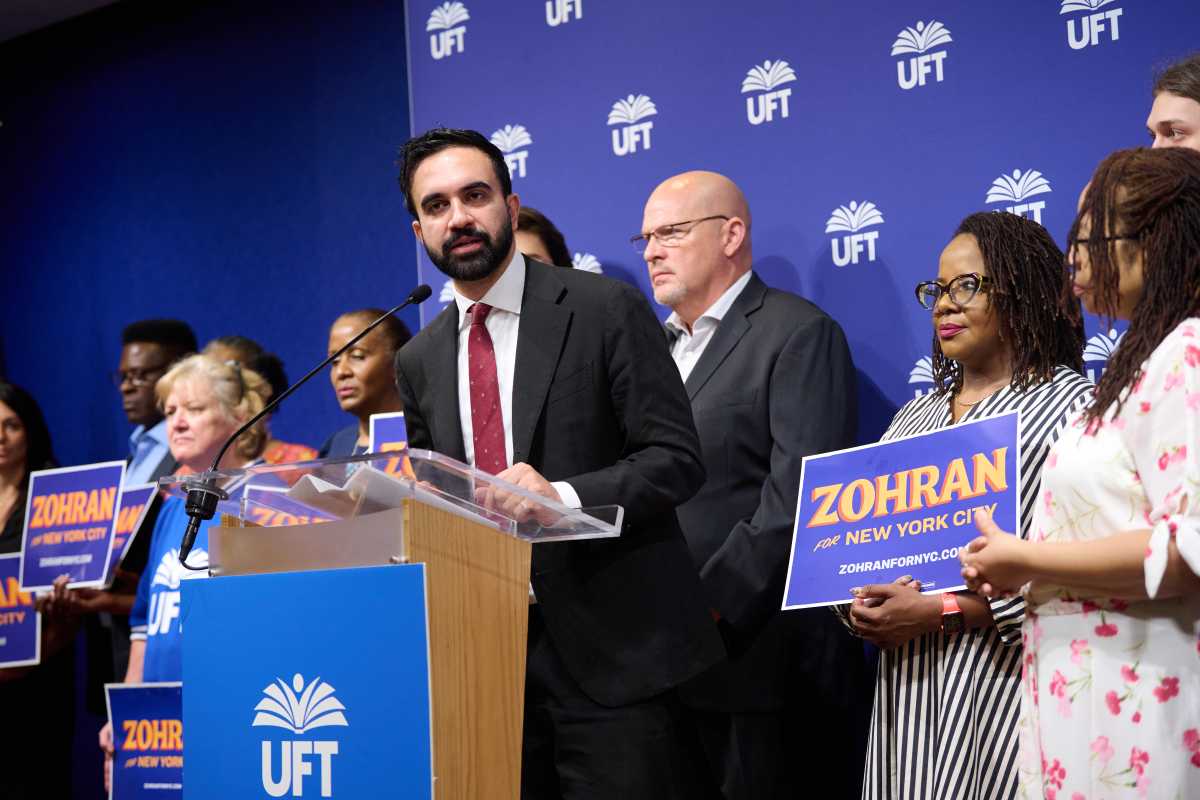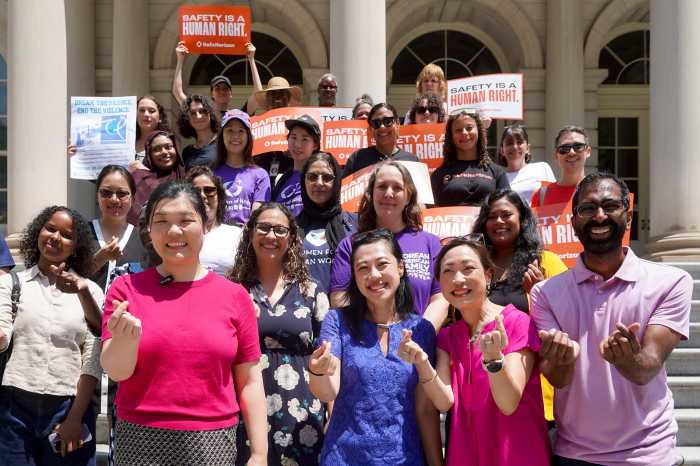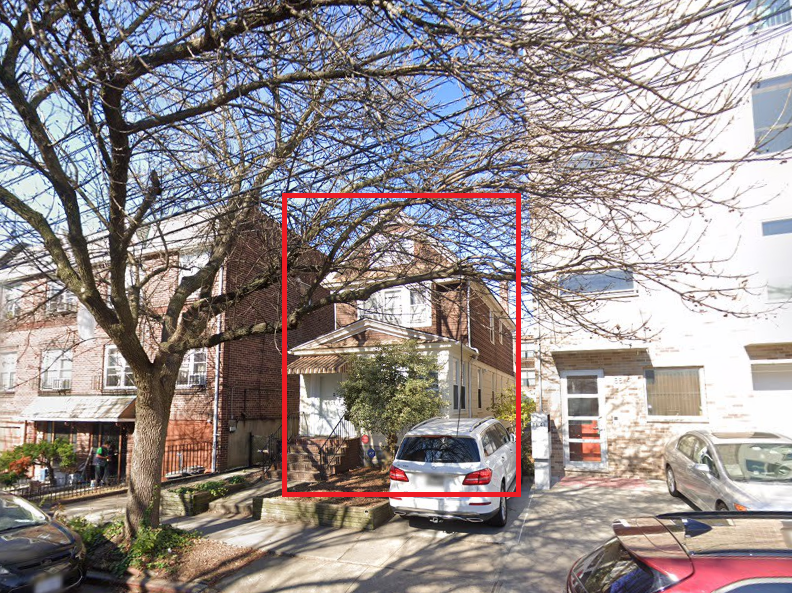By Patrick Donachie
Many members of the Queens Muslim community remain anxious in the aftermath of the presidential election due to policy proposals made by Donald Trump during his campaign. Elected officials and community organizations are pledging to fight if Trump, who won an upset victory, tries to make his campaign rhetoric a reality.
City Councilman Rory Lancman (D-Hillcrest), whose district consists of a diverse population including a significant Bangladeshi Muslim community, called Trump’s election “an unmitigated disaster.”
“It’s a horrible tragedy for the country, and for Queens in particular, which is so diverse and home to so many immigrants,” Lancman said. “The Bangladeshi Muslims in my community are afraid they’re going to be targeted for harassment, and for where people are not yet citizens, deportation.”
At one point during his successful election run, Trump advocated for a “a total and complete shutdown of Muslims entering the United States until our country’s representatives can figure out what is going on,” according to his campaign website. In a series of statements last November, the president-elect seemed to flirt with the idea of a registry for either all Muslims or Muslim refugees.
Muslim critics of Trump have also expressed fears about increased surveillance and a curtailing of their rights. Nayim Islam, the immigrant rights organizer for the Jackson Heights-based organization Desis Rising Up and Moving, which advocates for South Asian immigrants, said he was concerned that the “infrastructure of surveillance and deportation” already in place during President Barack Obama’s tenure would now be controlled by Trump.
“Many of us feel at a loss for our rights and the victories that will be taken from us, so we are mourning, we are healing and we are preparing to fight,” he said, “because we know that our rights are only protected to the extent to which we are willing to fight for them.”
The Trump transition team did not respond to a request for comment on this story.
Fariha Nizam, a 19-year-old Muslim woman in Bellerose, posted on Facebook last week that she was harassed because she was wearing a hijab by a couple riding the bus, with a woman attempting to tear Nizam’s hijab off of her head. Nizam’s account comes as other stories have appeared on social media in the week since the election, detailing alleged incidents of harassment, racism and mistreatment of Muslims, immigrants and other people of color. Trump told any supporters who might be acting out in his name to “stop it” during a “60 Minutes” interview that aired this past Sunday.
The FBI reported Monday that hate crimes surged by 7 percent during 2015, with a 67 percent increase in hate crimes reported against Muslims from the year before. The spike in incidents marks the highest level of reported hate crimes against Muslims since the immediate aftermath of the 9/11 attacks.
Albert Fox Cahn, the director of strategic legislation for the Center for American-Islamic Relations in New York, posted on the organization’s site the story of a conversation he held in the election’s aftermath with a young Muslim student who fearfully asked him if policies akin to the Japanese internment camps of World War II could possibly happen to Muslims today. Cahn responded in the negative.
“‘In the wake of Pearl Harbor there were no protests, there was no dissent, there was no solidarity with our Japanese neighbors. Today, there is an army of lawyers and activists primed to fight this presidency every step of the way,’” he told the student, and reminded him of Khizr Khan, the Gold Star father who criticized Trump during the election. “‘Khizr Khan famously asked Donald Trump if he had ever read the Constitution. I promise you, we and other civil libertarians will teach him what it means.’”
Reach reporter Patrick Donachie by e-mail at pdona




































